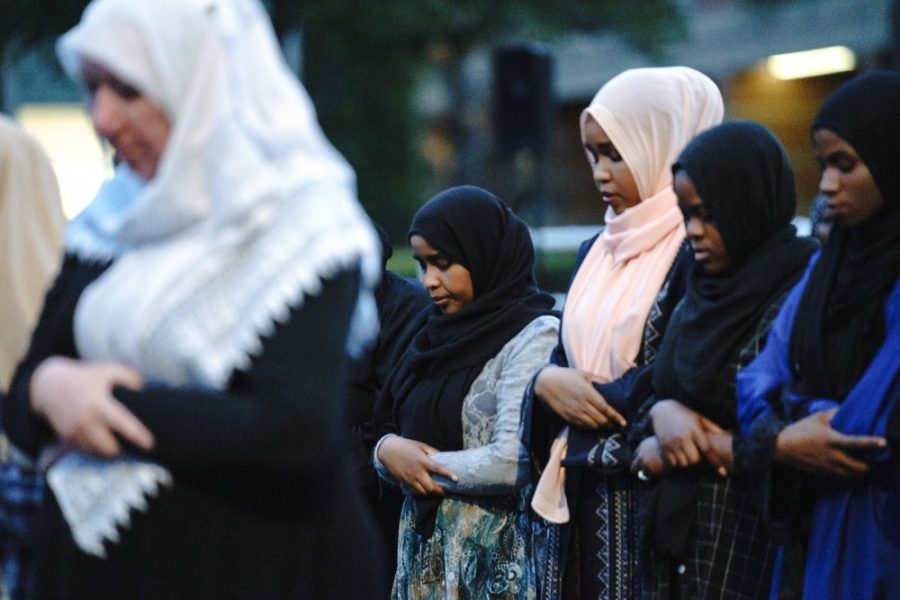“”I have a midterm this Tuesday. Sorry, mom, but you picked a bad day to die.””
I sympathize with any student who has had some version of this thought. It’s unfortunate for people of all ages to lose a parent, particularly traditional college-age students who are too young to suffer such a tumultuous loss. It’s even worse to learn that this loss will inevitably strain a student’s academic well-being, and he may or may not receive any help from his instructors.
Whether a student’s grandmother, uncle, mother, sister or other close relative dies, the student will still have to attend to his scholarly responsibilities, and he may not be properly accommodated. Many courses have a mandatory attendance policy, so missing class to go to a funeral may actually hurt a student’s attendance and participation grade.
Most humane instructors would be tolerant of absences in this situation, but there are definitely professors who would not consider an immediate death in the family as a substantial reason to excuse an absence.
The fall 2009 syllabus for the UA Philharmonic Orchestra lists its attendance policy as such, “”Absences from rehearsals, sectionals and concerts will be excused only in cases of personal emergency or incapacitating illness. A doctor or health services note may be required. Absences for reasons other than the above or frequent lateness will lower your grade.””
Consider the vagueness of “”personal emergency.””
Professor Charles Bontrager, an instructor for the course, said in a phone interview that a death in the family would, in fact, suffice for an excused absence. When asked about the unclear definition of “”personal emergency,”” Bontranger added, “”One person’s emergency can be another person’s moderate problem. It would be impossible write up a three-page syllabus listing all the things that can be considered a personal emergency.””
Sadly, not all instructors are as understanding as professor Bontranger when it comes to deaths in the family. In one of my intermediate French courses, the instructor told the class, “”I don’t care if your grandma’s dead, your dad’s dead, whatever, the absence will count against you.”” I can only hope that the majority of professors wouldn’t be this insensitive, and if they are, I’d expect them to be pretty embarrassed about wearing heartlessness as a badge of honor.
The Frequently Asked Questions section on the Dean of Students Office Web site lists the ways in which a student can receive an excused absence from class. “”The Dean of Students Office provides excused absences for university-sponsored events,”” the Web site states, but “”the Dean of Students Office does not issue excuses for individual, personal absences.””
In other words, if a student wants to skip class to attend an event, which he may actually be using just to get out of school, he has a good chance of being granted an excused absence. If a family member dies and I need a day out of class to travel, grieve or even make memorial service arrangements, I probably won’t be so lucky.
The Web site goes on to say, “”If you need to miss class for personal reasons, we suggest that you let your instructors know in advance of that absence (if possible),”” but “”Instructors are not obligated to excuse student’s personal absences.”” The Dean of Students Office did not return calls to comment on the specifics of missing class due to family deaths.
Does this mean that it’s basically up to the student’s professor to determine the validity of a student’s personal absence needs? Do students have to rely on their instructors to be compassionate in the case that a student’s family member or close friend dies? What happens if a student comes across an emotionally-dead or apathetic instructor who does not view this type of loss as a legitimate excuse to miss class sessions? When immense tragedy hits a student, he’d be wise to take time off school. If he doesn’t have the financial means to put off his graduation, he should be allowed to finish out the semester with a few excused absences. The university community needs more comprehensive, solid support for missing class because of a death in the family.
— Laura Donovan is the opinions editor. She can be reached at letters@wildcat.arizona.edu.








